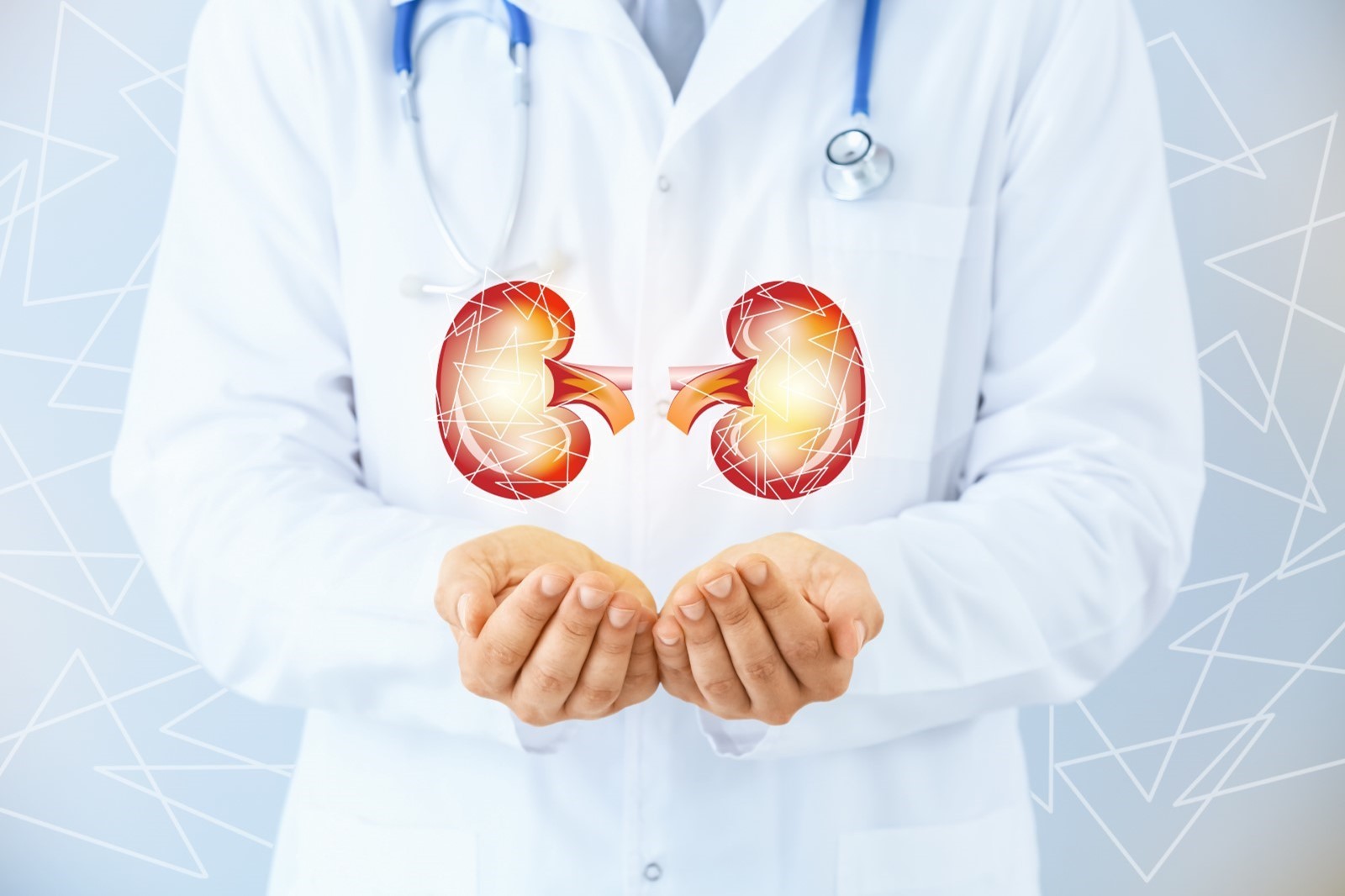Introduction
Chronic kidney disease affects millions of people globally, often leading to serious complications if not addressed early. While it is widespread, awareness varies greatly across regions due to cultural differences and healthcare access.
Understanding Chronic Kidney Disease
Chronic kidney disease happens when the kidneys gradually lose their ability to function properly. Kidneys are vital for maintaining body balance by filtering waste and excess fluids.
When CKD sets in, these functions deteriorate, affecting overall health. Learning about kidney physiology helps in comprehending how this essential organ works and why it’s critical to keep it healthy.
As CKD progresses, it may cause a buildup of waste in the body, leading to further organ damage. Being informed about the impact of CKD can encourage preventive measures and early intervention.
The Stages of CKD and Their Significance
CKD is identified in five distinct stages.
- Stage 1: Mild kidney damage with normal function. Many might not realize they have CKD at this stage.
- Stage 2: Some loss of function, but the kidneys still operate fairly well. Signs are subtle here.
- Stage 3: Moderate damage with increased symptoms like tiredness or swelling. It’s crucial here to follow a suitable lifestyle and medical guidance.
- Stage 4: Severe damage with symptoms becoming more apparent. Preparing for potential treatments like dialysis can begin.
- Stage 5: Kidneys are very close to failure, requiring dialysis or transplant. Understanding these CKD disease stages helps in timely interventions and prevents hasty decisions. Recognizing these stages means patients and families can address CKD causes early, aligning treatment with lifestyle changes.
Symptoms of Chronic Kidney Disease
Recognizing CKD symptoms early is vital for managing the disease effectively. In its initial stages, symptoms may be minimal or nonexistent. Common early signs include:
- Increased tiredness and reduced energy
- Dry or itchy skin
- Swollen feet or ankles
In advanced CKD stages, symptoms escalate. These might include:
- Difficulty concentrating
- Persistent nausea
- More frequent or less urination
When any of these significant signs appear, seeking medical advice is crucial.
Importance of Early Detection and Screening
Detecting chronic kidney disease early can make a world of difference. Screening is essential for individuals at risk, such as those with diabetes or high blood pressure. Popular methods include assessing GFR (glomerular filtration rate) and creatinine levels. These tests help determine how well the kidneys are filtering blood. Regular testing can spot problems before they escalate, offering a better chance at effective treatment. Globally, these diagnostic measures are recommended due to their accuracy and reliability. Committing to regular screening helps catch potential issues and makes managing CKD much smoother.
Advantages of Early Detection
Catching chronic kidney disease early carries significant benefits. Patients see improved health outcomes and a slower disease progression. Prompt recognition allows for less invasive CKD treatment options and keeps medical costs lower. It significantly enhances the long-term quality of life, reducing the burden on patients and families. The earlier the detection, the greater the opportunity for positive lifestyle changes and tailored chronic kidney disease treatments.
Lifestyle Changes and Home Management
Managing chronic kidney disease from home involves lifestyle tweaks that support kidney health. Diet is a key element, including:
- Low sodium intake to reduce blood pressure
- Controlled protein levels to ease kidney workload
- Plenty of fruits and vegetables for balanced nutrients
Physical activity should also be part of a CKD management plan. Regular exercise helps maintain a healthy weight and assists in controlling CKD causes like high blood pressure.
Prioritizing Emotional and Mental Health
Emotional and mental well-being play crucial roles in managing chronic kidney disease. Seeking psychological support and connecting with others who understand your journey provides comfort. Building emotional resilience is vital. Practices like mindfulness or regular counseling sessions help patients adjust better. Support networks can ease the emotional burden, promoting healthier living.
Exploring Treatment Options: Medications, Dialysis, and Transplantation
A variety of chronic kidney disease treatments exist, offering hope and options for managing the condition. Medication is often the first step, focusing on controlling high blood pressure or easing fluid retention. As CKD progresses, dialysis may become necessary, removing waste when kidneys cannot. There are two main types: hemodialysis, done at a hospital or clinic, and peritoneal dialysis, often managed at home. In some cases, a kidney transplant might be the best option. This process, though complex, can offer a new lease on life by restoring normal kidney function. Each CKD treatment has its considerations, and a healthcare provider can guide the best choice based on individual needs.
Conclusion
“Learn about chronic kidney disease stages, symptoms, and management from our guide. Adopt healthy lifestyle practices and seek support from resources like CKD education centers. For personalized care, visit KVT Multispecialty Hospital, where our services are tailored to meet individual needs and enhance your health management journey.”



